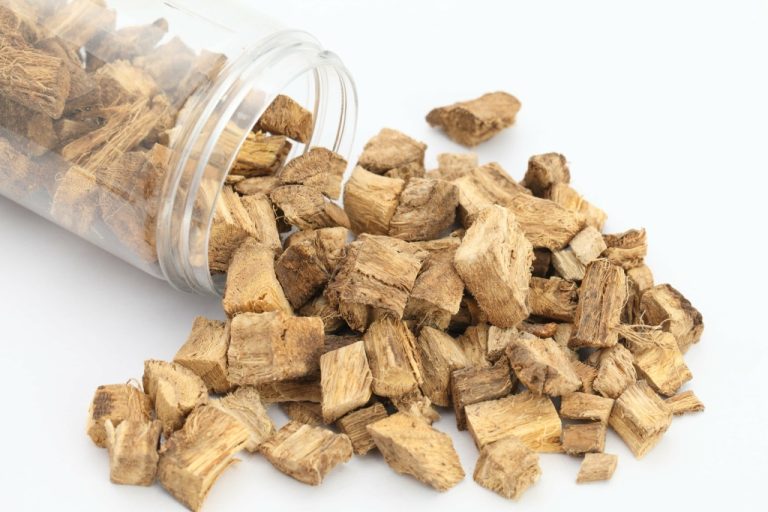For some people, withdrawal seizures may be their only symptoms of alcohol withdrawal. Providers may recommend using other seizure medications to manage withdrawal symptoms during alcohol withdrawal severe alcohol withdrawal, either instead of or in combination with benzos. This class of drugs may be used to treat mild, moderate, or severe alcohol withdrawal.
- Improved insight into these issues will enable clinicians to improve the efficiency and quality of care for patients who are experiencing or are at risk for withdrawal.
- That could be because they didn’t have normal sleep patterns to begin with.
- Alcohol consumption spans a spectrum from low-risk to severe alcohol use disorder (AUD).
- The symptoms of alcohol withdrawal, like mood swings, nausea, and tremors, can be dangerous and often occur after the cessation of drinking in those with alcohol use disorders.
- Millions of people join support groups to help stop drinking and stay stopped.
Care at Cleveland Clinic

Elderly patients have a more complicated withdrawal course because they often have concurrent what is alcoholism health problems and may be frail.Past withdrawal predicts future episodes. Patients with a history of delirium tremens and withdrawal seizures are at high risk of recurrence if they return to drinking and stop again. The first symptoms—and maybe the only symptoms—you experience may resemble a bad hangover. She adds that withdrawal can also occur after a significant reduction in alcohol consumption.

Can I prevent alcohol withdrawal?
If you make the decision to stop drinking daily and heavily, you will likely experience withdrawal symptoms. The time it takes to detox depends on a few factors, including how much you drink, how long you’ve been drinking, and whether you’ve experienced alcohol withdrawal before. The duration of alcohol withdrawal will be different for everyone, and it mainly depends on how heavily and frequently alcohol was used. Physical alcohol withdrawal symptoms will normally peak around 48 to 72 hours after the last drink and lastseven to 10 days, but they can last as long as two weeks. Symptoms that occur after two weeks are usually more psychological in nature and can last for several months in some cases. In the outpatient setting, mild alcohol withdrawal syndrome can be treated using a tapering regimen of either benzodiazepines or gabapentin administered with the assistance of a support person.
Day 53

In theory, a person could very gradually and methodically reduce their alcohol use over time in a way that allows the brain to slowly adjust to the decreased activity, but this rarely works in practice. Lack of control over alcohol intake is a common symptom of alcoholism. Addiction, tolerance and physical dependence encourage people to drink more alcohol over time, not less. If even two of these symptoms emerge within a short time after heavy and prolonged alcohol use ends, alcohol withdrawal will be the appropriate diagnosis. From there, the clinician will recommend an appropriate level of care to manage symptoms.
- However, the body quickly starts the recovery process and begins repairing damage caused by alcohol in multiple areas of the body and brain.
- You may also receive other medications or treatments for related health issues, like IV fluids for dehydration and electrolyte imbalances or antinausea medicines if you experience vomiting.
- Physical symptoms may include pronounced tremors, increased sweating, elevated heart rate, and higher blood pressure.
- You might feel anxiety that’s worse than everyday nervousness—a bit like an unpleasant but short-lived anxiety disorder.
Because denial is common, you may feel like you don’t have a problem with drinking. You might not recognize how much you drink or how many problems in your life are related to alcohol use. Listen to relatives, friends or co-workers when they ask you to examine your drinking habits or to seek help. Consider talking with someone who has had a problem with drinking but has stopped. If you drink alcohol regularly and then suddenly stop, you may go through some physical and emotional problems while the alcohol clears out of your system.